4th February 2016 Beijing, China
Working with Korea to tackle antimicrobial resistance
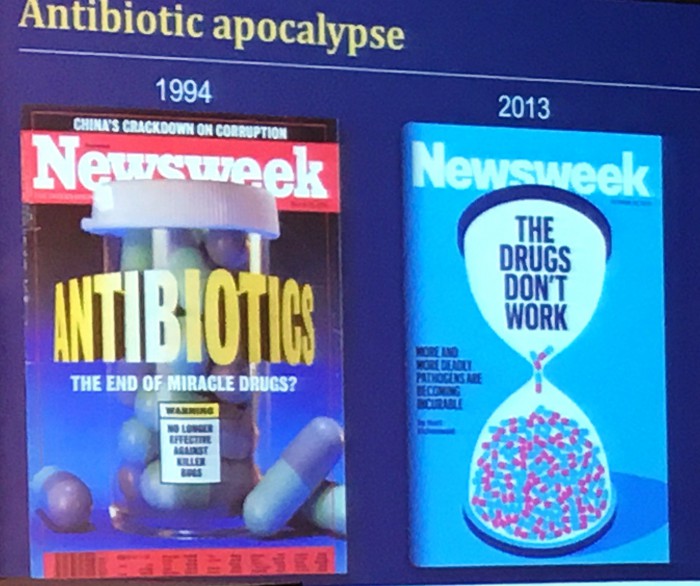
Last week I visited Seoul to attend the first UK-Korea workshop to combat antimicrobial resistance (AMR), expertly organised by the SIN Korea team. If not tackled, AMR is going to kill an additional 10 million people every year by 2050. In China and India there is already 100% resistance to some antibiotics. But this is a global problem. As we travel around the world, so does the resistance.
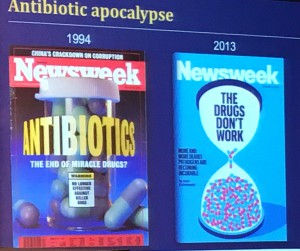
The UK is leading the fight on AMR and Korea is an important partner. The workshop provided an invaluable opportunity to share challenges, approaches to tackling them and identify future collaboration. John Watson, the UK’s Deputy Chief Medical Officer, led the expert UK delegation. He was joined by Dr David Livermore and Dr Justin O’Grady from the University of East Anglia; Dr Berit Muller-Pebody, National Infection Service, Public Health England and Dr Syed Tariq Sadiq, Consultant Physician and research director at St George’s University of London.
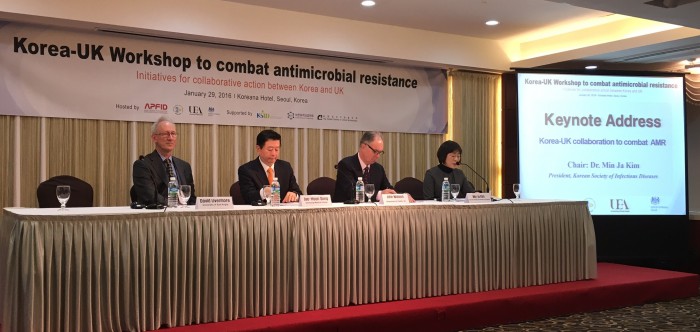
There was also an inspiring line-up on the Korean side. Dr Deok-cheol Kwon, Assistant Minister for Healthcare Policy, Ministry of Health and Welfare, attended the seminar. Professor Jae-Hoon Song, Professor and past President of the Samsung Medical Centre, played a key role, alongside a number of Korean academics. The Samsung Medical Centre is leading Korea’s medical innovations, linking hospital R&D centres with industry and developing the hospitals of the future.
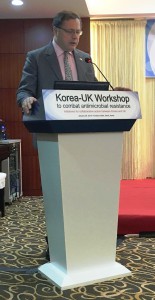
I was very impressed by the leadership role that the Korean Government is playing. They are part of major international AMR programmes stemming from the World Health Organisation, G7 and the Global Health Security Agenda. Within the Asia Pacific region, Korea is also playing an important part. They initiated a regional AMR action plan within the Asia-Pacific Economic Cooperation (APEC) framework. In addition, Prof. Song is Founder and Chairman of the Asia Pacific Foundation for Infectious Diseases, which is working with a large number of research institutes regionally, to tackle control and prevention of antimicrobial resistance and infectious diseases.
AMR is a clear priority for Korea and the UK is a partner of choice. Assistant Minister Kwon committed to the funding the next round of bilateral activity, before the conference had even finished. It’s not often that happens!
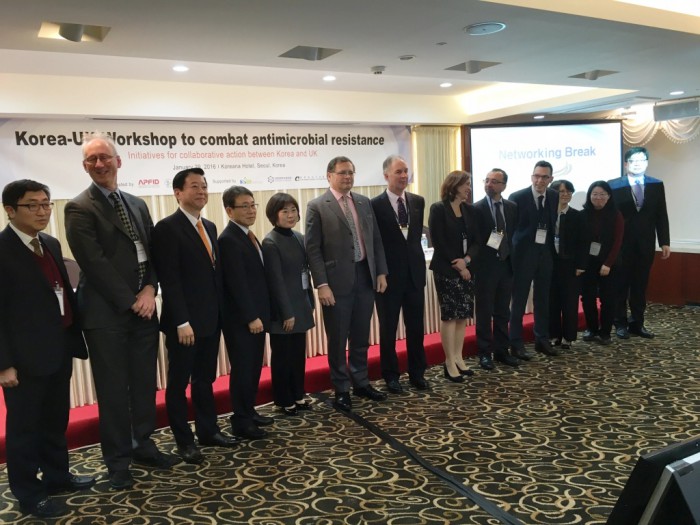
Both UK and Korean participants gave very engaging presentations, which clearly set out huge challenge and risks that AMR poses. One thing that really struck me was the extent of common issues within this global challenge. Around the world countries are concerned with surveillance, infection control, stewardship, alternatives, education, diagnostics and new drug discovery.
I left feeling enthused about the possibility of more cross regional and global working to tackle such a serious threat. But I also felt humbled by the scale of the challenge to come.
To get in contact with my SIN Korea colleagues about the above, please email Hyeyoung Kim, Science and Innovation Manager at the British Embassy Seoul – Hyeyoung.Kim@fco.gov.uk.